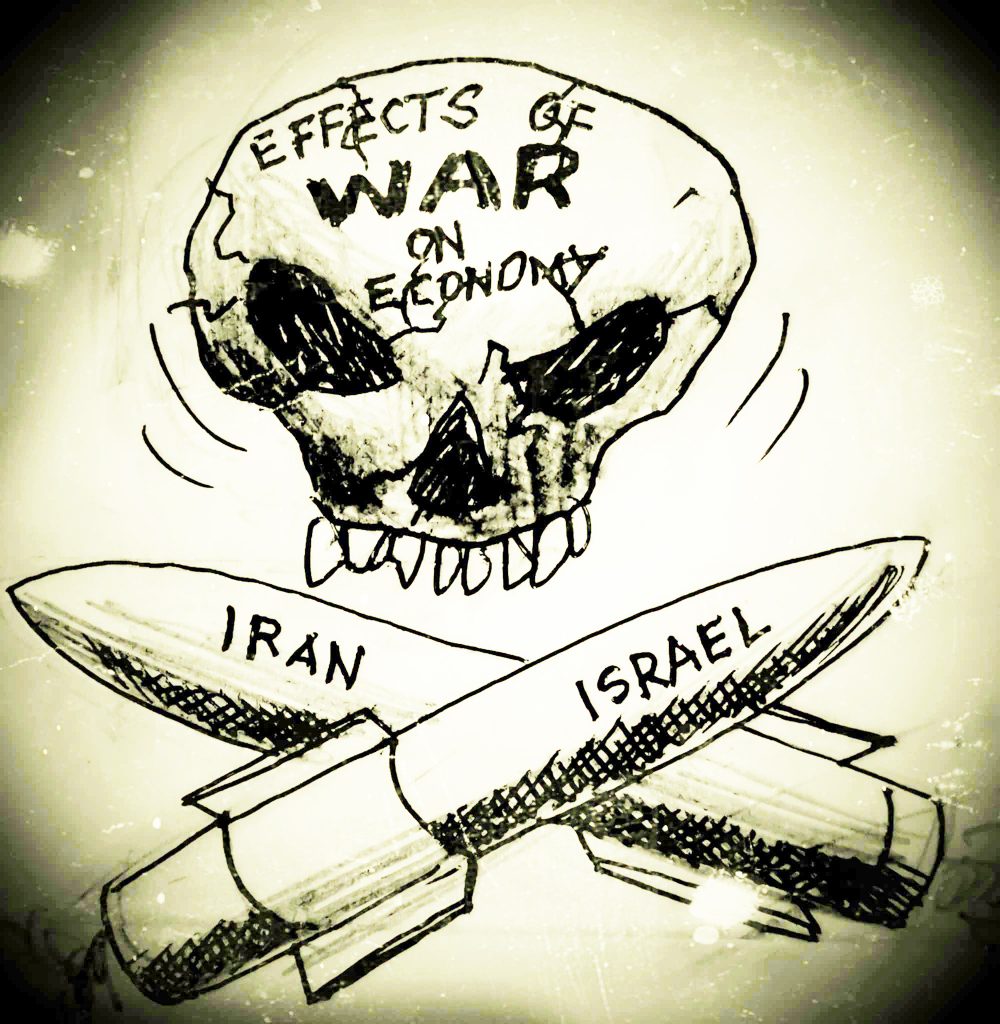The escalating conflict between Israel and Iran casts a long shadow, threatening to destabilize the Middle East and significantly impact our economy in general.
The potential for wider conflict is a grave concern, particularly given the large number of Overseas Filipino Workers (OFWs) residing in the region. Any escalation could lead to increased violence, displacement, and disruptions to essential services, placing our OFWs in immediate danger and jeopardizing their livelihoods. The ripple effects on remittances, a crucial component of the Philippine economy, would be substantial, potentially triggering a financial downturn.
Our nation’s reliance on oil imports from the Middle East further exacerbates the risk. A prolonged conflict could disrupt oil supplies, causing price hikes and impacting various sectors, from transportation and manufacturing to agriculture and everyday household expenses. This dependence makes the Philippines vulnerable to global energy market fluctuations, and any significant disruption could trigger inflation and economic hardship for ordinary Filipinos.
The humanitarian crisis resulting from an escalated conflict would be immense. Beyond the immediate threat to OFWs, the potential for refugee flows and widespread displacement could strain regional resources and potentially lead to humanitarian emergencies. The Philippines, with its history of extending aid to those in need, may find itself facing increased pressure to contribute to relief efforts, further stretching its already limited resources. Proactive diplomatic engagement is crucial to prevent a humanitarian catastrophe.
The uncertainty created by the conflict would likely deter foreign investments, impacting economic growth and job creation. Tourism, another vital sector, could also suffer, as potential visitors may be hesitant to travel to regions perceived as unstable. This interconnectedness highlights the need for a comprehensive, multi-pronged approach to managing the risks associated with the conflict.
Protecting our OFWs, mitigating the impact on our oil-dependent economy, and preparing for potential humanitarian crises require immediate and decisive action. This includes strengthening diplomatic ties with regional players, diversifying energy sources, and implementing robust contingency plans to safeguard the welfare of our citizens and the stability of our economy. The government then must prioritize a comprehensive strategy to address this complex and potentially devastating situation.




